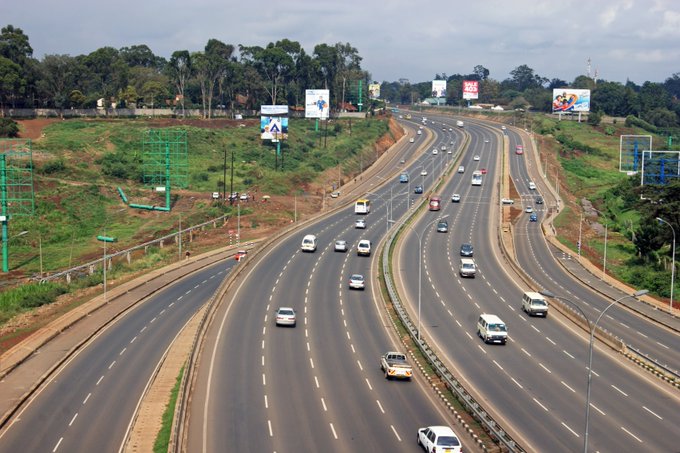In a move aimed at regulating land usage for road expansion, the government has introduced stringent measures that will require hustlers running Road Reserve Kiosks to pay a daily fee of Sh3,000 for temporary structures within cities. This comes as part of the draft Kenya Roads (Roadside Stations) Regulations, 2023 by the Ministry of Roads and Transport.
Additionally, Kenyans will be mandated to pay a one-off fee of Sh50,000 to divert stormwater into public road drainages, further adding to the financial burden faced by citizens amidst rising taxation and economic challenges.
Kenya’s Future Lies in Taxation, Not Debts, Ruto Tells Kenyans Abroad
The proposed regulations outline that the new fees for the Road Reserve Kiosks will be in addition to existing payments made to county governments, exacerbating the financial strain on traders and businesses. For temporary settlements lasting up to six months, traders will face a daily fee of Sh100 per square meter, with a minimum charge of Sh3,000 for operations within city limits.
Moreover, the government plans to impose a daily fee of Sh50 per square meter for road reserves outside cities, with a minimum charge of Sh1,000 per day. Short-term leasing of road reserve space for periods ranging from six months to four years will necessitate an application fee of Sh55,000, along with annual rent equivalent to 15 percent of the unimproved site value and a five percent annual rent escalation rate.
Babu Owino Calls on William Ruto to Allocate Completed Affordable Houses to Embakasi Fire Victims
Furthermore, the Kenya National Highways Authority is proposing additional fees for individuals seeking to construct access roads to private premises or petrol stations, including a one-time fee of Sh50,000 and Sh200,000, respectively.
These regulations underscore the government’s efforts to regulate roadside developments and optimize the use of expansive road reserves across the country. However, they also raise concerns about the financial burden placed on hustlers and businesses, especially in the current economic climate characterized by shrinking incomes and reduced purchasing power.


